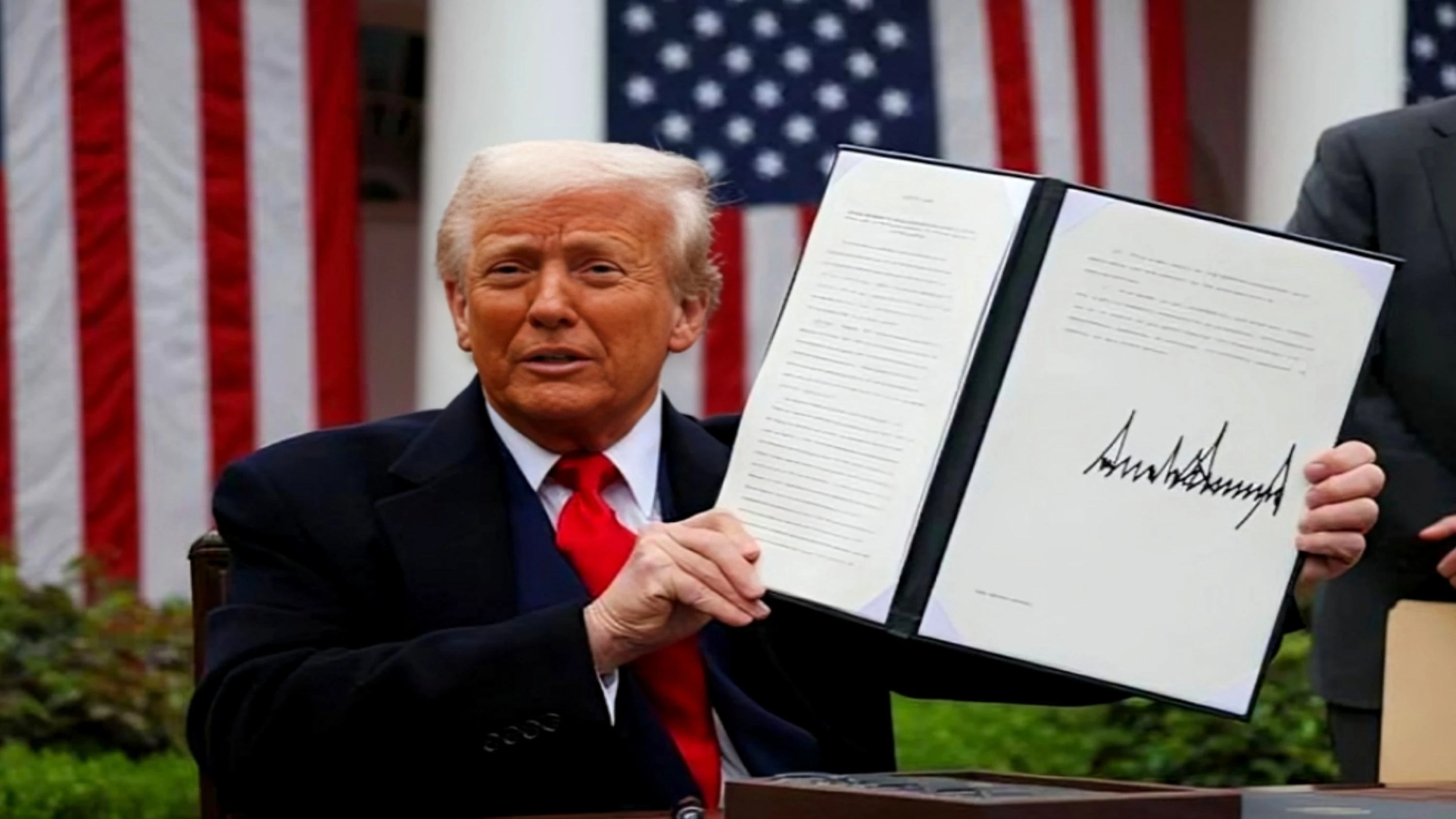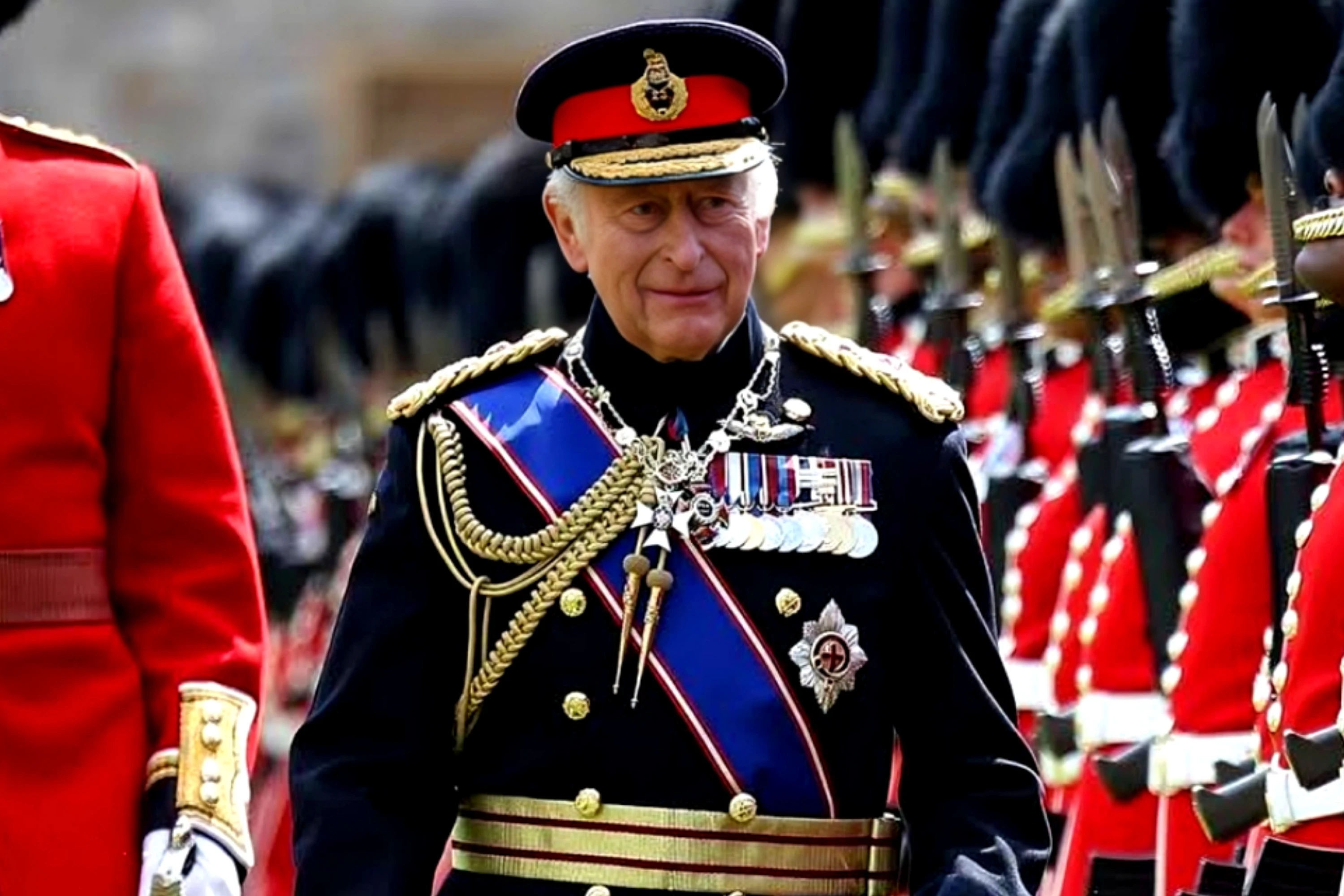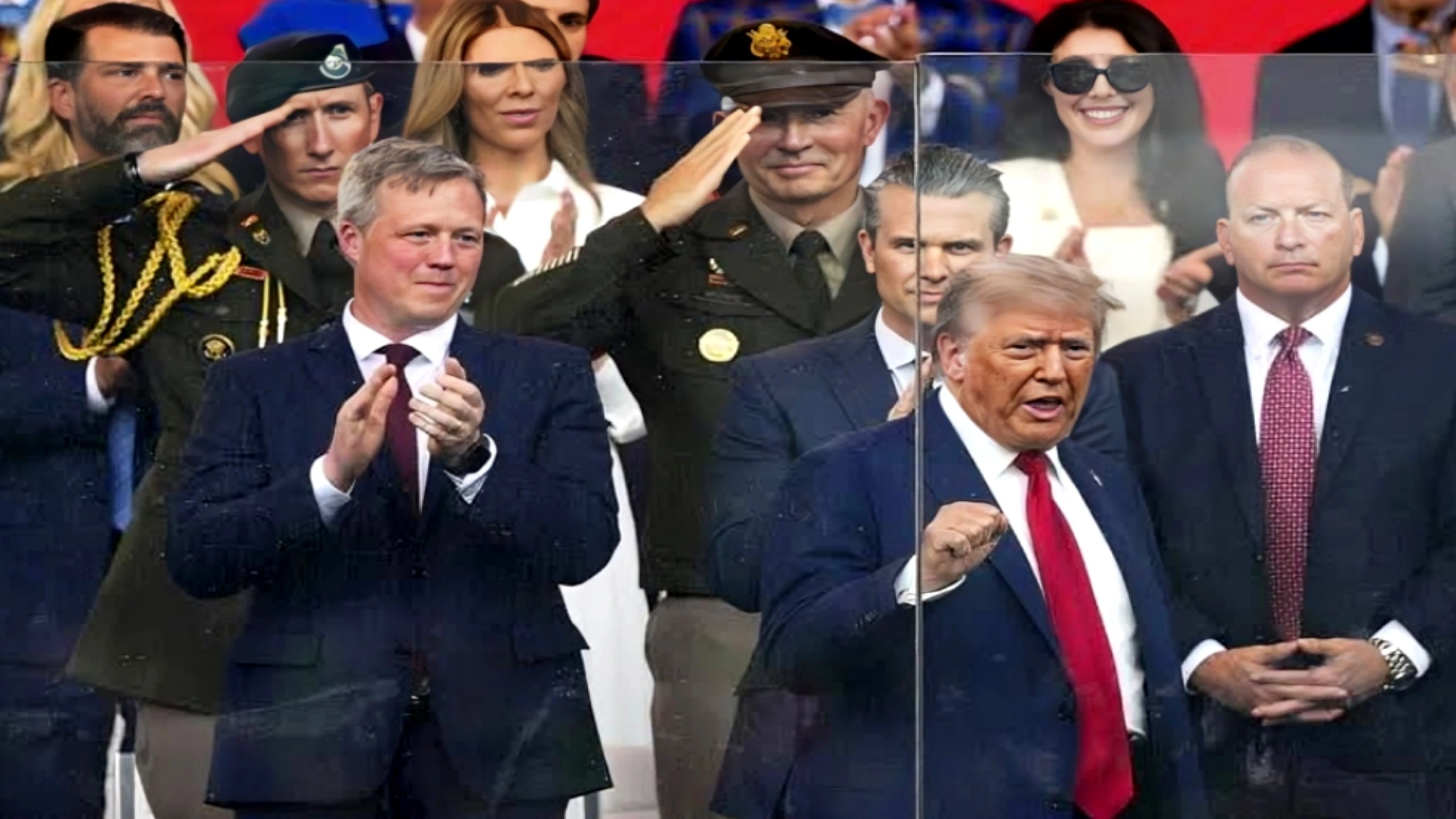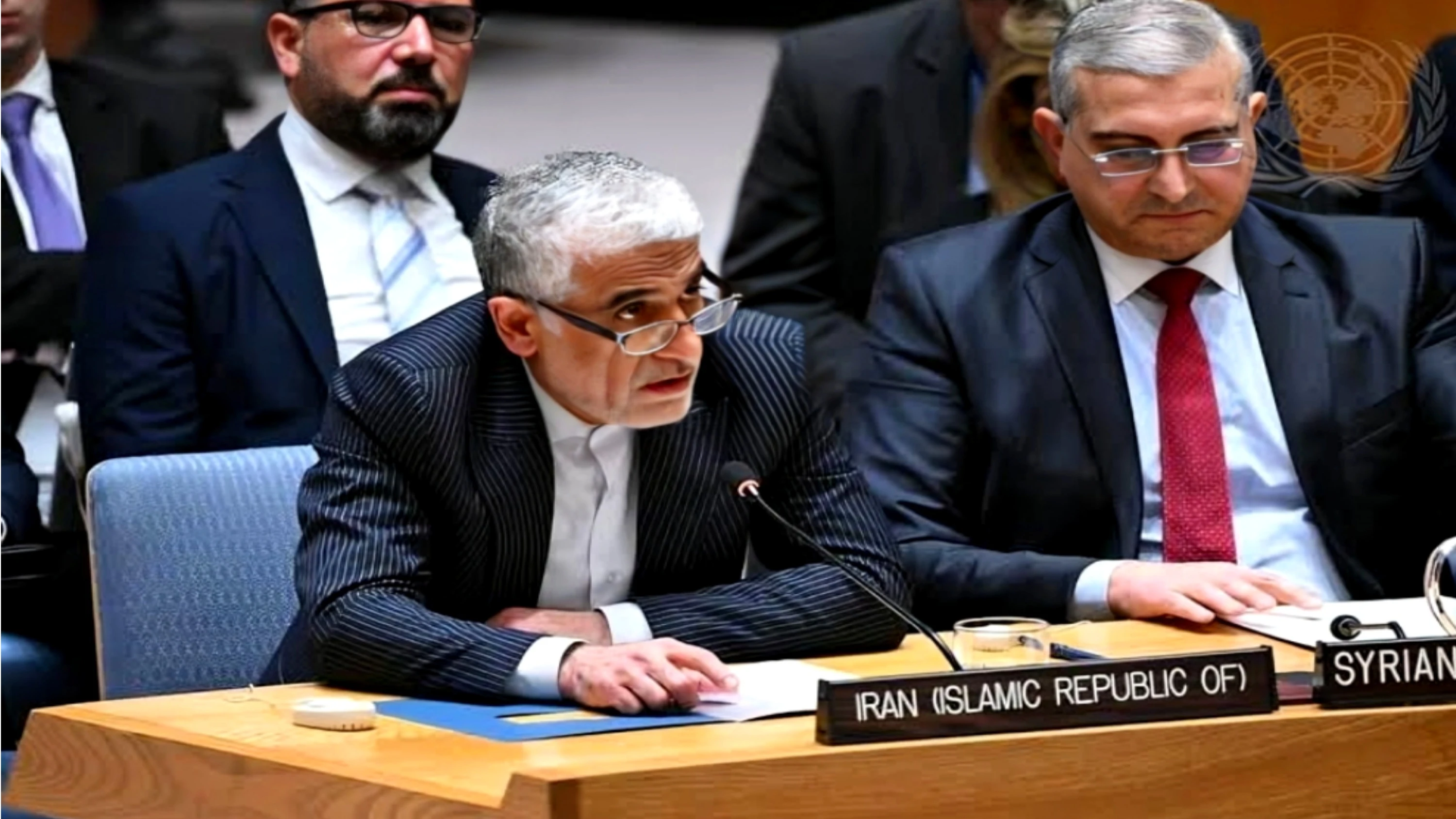Washington: More than 50 countries have reached out to the White House to initiate trade discussions following President Donald Trump's decision to impose sweeping new tariffs, according to senior U.S. officials.
The tariffs, which came into force on Saturday, sparked sharp declines in global markets, contributing to a nearly $6 trillion drop in U.S. stock valuations last week. Despite widespread fears of an economic downturn, the Trump administration has sought to downplay the potential consequences, emphasizing the long-term benefits of a tougher trade stance.
With investors bracing for another volatile week, attention now turns to the opening of U.S. financial markets following last week's steep selloff. Asian markets are set to open within hours and are already anticipating turbulence as global reactions unfold.
Appearing on several Sunday news programs, top administration officials defended the tariffs as a strategic move. Treasury Secretary Scott Bessent stated that over 50 nations had approached the U.S. about trade talks since the tariffs were unveiled last Wednesday, though he declined to specify which countries were involved.
Bessent argued the tariffs provided President Trump with "maximum leverage" in negotiations and dismissed concerns over a possible recession, pointing to stronger-than-expected job growth in the U.S.
The new trade measures mark a major departure from the long-standing system of international tariff agreements established after World War II. The initial round of 10% tariffs took effect across U.S. ports, airports, and customs zones, signaling a dramatic shift in American trade policy.
However, economists remain cautious. JP Morgan has revised its U.S. growth forecast downward, predicting a 0.3% contraction in GDP compared to an earlier estimate of 1.3% growth.
The tariffs, designed to pressure foreign governments into making trade concessions, have prompted retaliatory responses—most notably from China—and raised the specter of a full-scale global trade war.
Several U.S. allies, including Taiwan, Israel, India, and Italy, have indicated a willingness to negotiate exemptions. Taiwanese President Lai Ching-te proposed zero tariffs as a starting point, while Israeli Prime Minister Benjamin Netanyahu lobbied for the removal of a 17% tariff on Israeli products.
Meanwhile, the U.S. plans to escalate the measures, with higher "reciprocal" tariffs scheduled to take effect on Wednesday.
Some critics have questioned the administration's tariff implementation methods, especially after duties were applied to remote and uninhabited territories. Commerce Secretary Howard Lutnick defended the approach, claiming it was designed to close potential loopholes and prevent tariff evasion.
[Human Online, ABC News]








